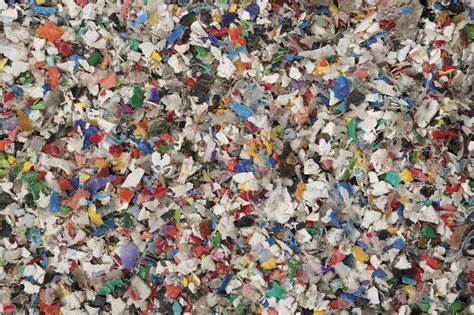
EQTEC contaminated plastics innovation programme expanded
30 May 2022
We’re delighted that the Université de Lorraine has confirmed that EQTEC’s Advanced Gasification Technology successfully converts contaminated plastic waste into synthesis gas (syngas) cleanly, stably and efficiently. The report was compiled by the university following a series of successful tests on contaminated plastics in December 2021 at our technology innovation facility in France.
The main conclusions from the Report are:
• Our technology is effective for contaminated plastic waste gasification, providing very good conversion results in line with results obtained from traditional feedstocks such as biomass (from which commercial plants running EQTEC technology have delivered 90%+ operational availability);
• The calorific content of the syngas produced through our technology from plastic-containing waste is much higher than that typically recorded for syngas produced from biomass feedstock;
• The tar content of the syngas produced through our technology from plastic-containing waste is low, so that the syngas purity can support a wide range of advanced energy and biofuels applications;
• Throughout the test period, the composition of the syngas remained stable, with no incidence of feeding-in or other issues typical of plastics or refuse-derived fuel (RDF) gasification;
• Emissions from direct combustion of the syngas in a boiler and without the use of additional flue gas treatment are well below a wide range of regulatory limits for polycyclic aromatic hydrocarbons (PAH) (80% lower versus limits), dioxins and furans (70% lower) and metals (10 – 1,000 times lower), indicating that the EQTEC-patented conditioning treatments work well with complex feedstocks; and
• The duration of the tests, the syngas stability and the accuracy of the closing heat and mass balances were satisfactory, further validating the accuracy of our proprietary simulation model, applied to the design of industrial-scale as well as small-scale installations.
The tests support a pipeline of projects with SEPS SAS, a French company specialising in the management and recycling of industrial waste. SEPS were a partner in the test, preparing the feedstock as part of their own long term research efforts into industrial waste-to-energy. EQTEC and SEPS intend to develop contaminated waste treatment plants applying their combined capabilities, with the first project planned as an on-premise, industrial facility in Haute-Garonne, France.
Dr Yoel Alemán, CTO of EQTEC said:
“These successful results reaffirm the precision of our proprietary computational model and its ability to accurately predict the syngas composition of a new and interesting feedstock. Unrecyclable plastic waste is a challenging global problem, and its clean disposal is supported by only a small number of prospective solutions. Not only are we excited to cleanly and efficiently convert this difficult feedstock into energy and biofuels, but we believe our delivery of scalable solutions for that purpose will enjoy strong commercial demand, backed by government support. Our extensive R&D programme with LERMAB and our broader innovation programme with leading technology partners will keep us at the leading edge of clean solutions [add this in if using a quote extract ‘that are in demand commercially,’] to address the world’s waste and energy challenges.”
Professor Yann Rogaume, Professor and Head of Research Team at Université de Lorraine commented:
“This report builds on our long-standing collaboration with EQTEC at our R&D plant which has been operating for the past 10 years. Our teams’ specialist capabilities are in fine-tuning EQTEC’s technology equipment and process, to prove that it can successfully handle an increasingly diverse group of very complex waste feedstocks, which now includes contaminated plastics such as the industrial materials we tested from SEPS. This series of tests opens the door to proving the capabilities of hydrogen production from syngas with high efficiency and low environmental emissions rates.”
Laurent Rousseau, CEO of SEPS said:
“Everyone at SEPS is excited by this report which verifies that contaminated plastics waste can be treated cleanly, safely and efficiently by producing an intermediary fuel for power, heat and biofuel production. We look forward to the developing the first plant at our facility in Haute-Garonne, France, as part of our collaboration with EQTEC in due course. The results of the tests place us in good stead for the upcoming permitting phase and will offer the sector a treatment for production of energy.”
